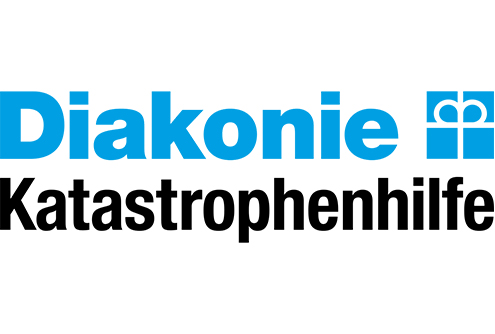Introduction
It is necessary to contextualise information gathered to understand how climate risk and resilience affect development in the specific community’s context. Links between various local, regional or global factors, how these affect different people, communities, places and social or physical systems, guides what action to take, should be explored.
In doing so, a process of analysing the knowledge offered from the different stakeholders is achieved, thus supporting communities and CSOs to interpret existing weather data within their local context.
Understanding and managing the impacts of future climate change is often referred to as ‘climate risk management’. Scientifically, uncertainty is inherent to projecting changes to climate in the future. There is also uncertainty from a lack of knowledge of the extent to which future populations will be exposed and therefore vulnerable to these climate changes.
The Intergovernmental Panel on Climate Change reports on the main risks from climate change at the global level. The suggested information can be used in engaging communities in topics that affect them based on their context:
- Global: Hazards, key vulnerabilities, key risks and emergent risks
- Global: Key sectoral risks from climate change and the potential for reducing risks through adaptation and mitigation
- Regional Level: Key risks from climate change and the potential for risk reduction through mitigation and adaptation in Africa
- Regional level: Cross-cutting fact sheets


